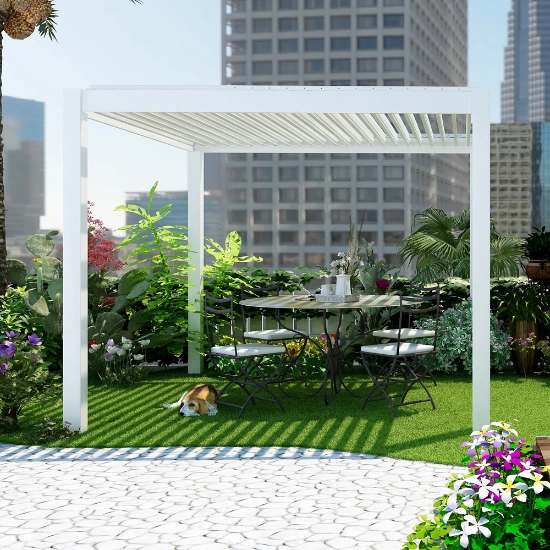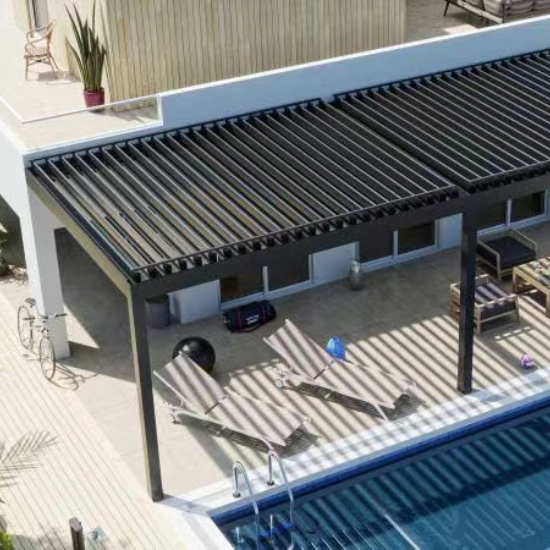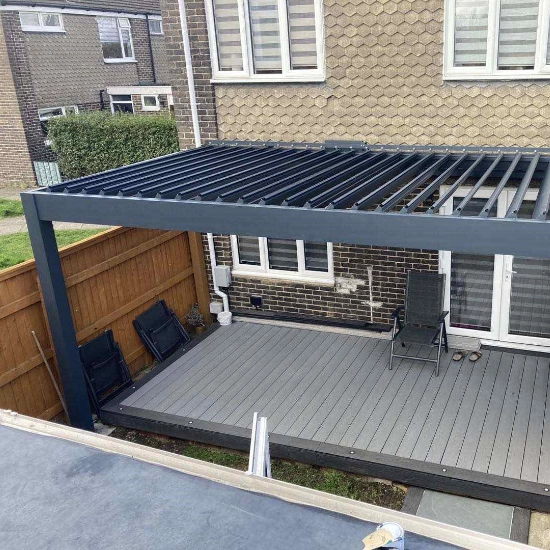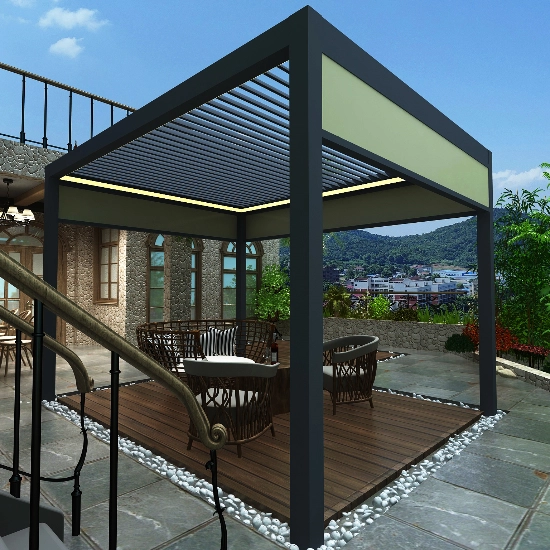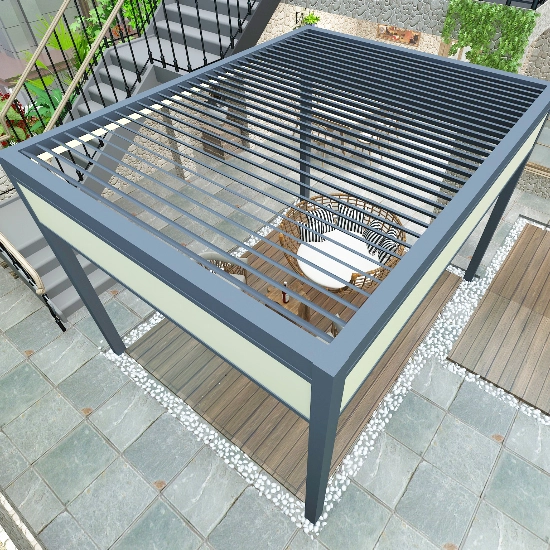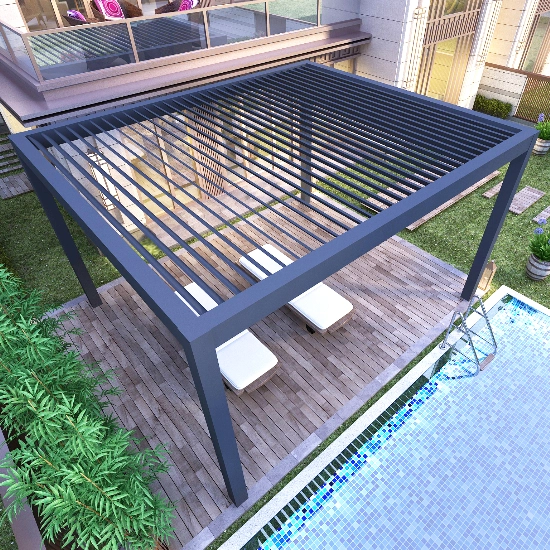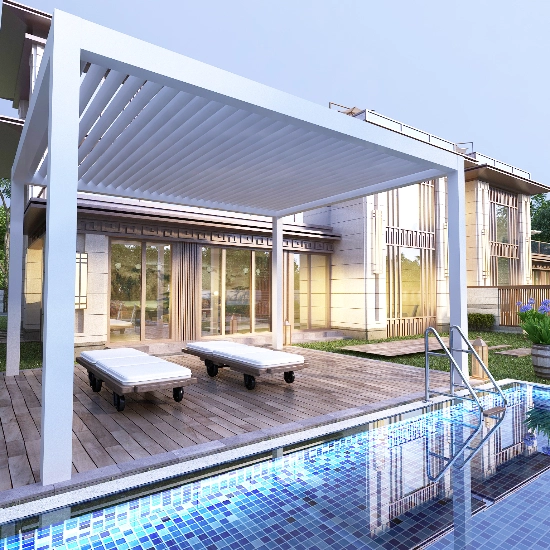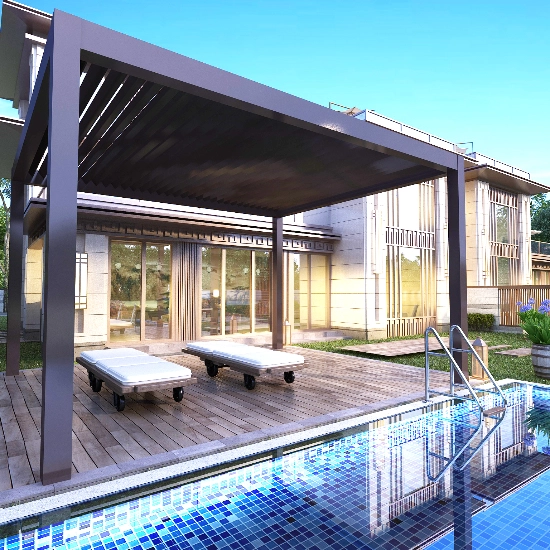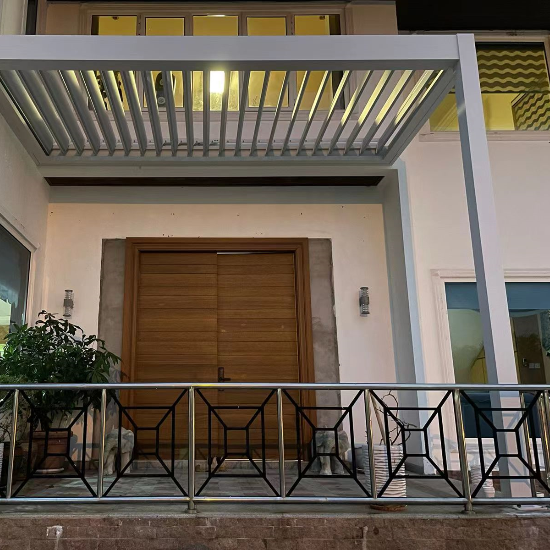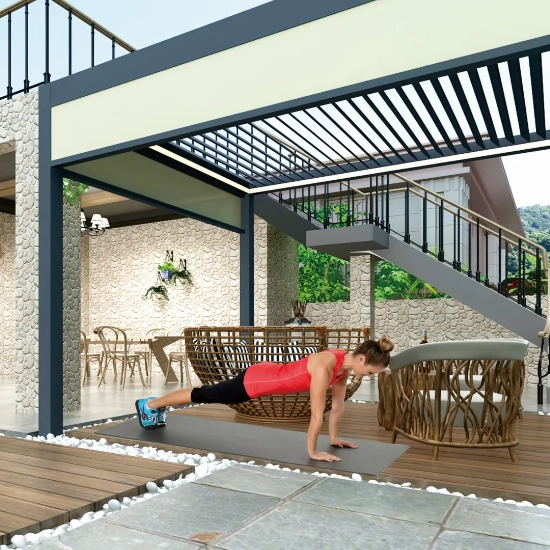Toll Free Call
+86 136-3145-7285
alu@aotelioutdoor.com
whatsapp&wechat
+86 13631457285
Introduction
Adding a pergola to your outdoor space can significantly enhance its beauty, functionality, and overall enjoyment. Pergolas, with their open-air design and potential for customization, make for the perfect spot to relax, entertain guests, or simply enjoy nature’s tranquility. However, before embarking on this project, it’s crucial to understand the pergola permit requirements in your area. Failure to comply with local regulations can lead to costly fines or even the need to remove the structure. In this comprehensive guide, we’ll delve into what you need to know about pergola permits, ensuring your project runs smoothly from start to finish.
1. Understanding the Basics of Pergola Permits
Why Permits Are Necessary
Permits are a vital aspect of any construction project, including the installation of a pergola. They ensure that your project adheres to safety standards, zoning regulations, and building codes. These requirements vary significantly from one locality to another, making it essential to research the specific requirements for your area.
Types of Permits
- Building Permit: This is the most common type of permit required for pergola installation. It verifies that your pergola’s design, materials, and construction methods meet all relevant building codes and standards.
- Zoning Permit: Depending on your property’s zoning classification, you might need a separate permit to ensure your pergola complies with zoning regulations, such as setbacks from property lines and height restrictions.
- Electrical Permit: If your pergola includes lighting or electrical outlets, you’ll likely need an electrical permit to ensure safe installation and compliance with electrical codes.
2. Navigating Local Regulations
Researching Your Municipality’s Rules
The first step in obtaining a pergola permit is to research your local municipality’s regulations. This often involves visiting your city or county’s website, where you can find information on building permits, zoning laws, and any other relevant requirements. It’s also a good idea to contact your local building inspector’s office directly with any questions you may have.
Working with a Professional
Hiring a professional pergola manufacturer or installer, such as Aoteli Outdoor (pergola manufacturer), can simplify the permit process significantly. These experts are familiar with local regulations and can guide you through the entire process, from design to installation, ensuring compliance every step of the way.
3. Designing Your Pergola to Meet Permit Requirements
Adhering to Building Codes
When designing your pergola, it’s crucial to ensure that it adheres to all relevant building codes. This includes considerations such as the structure’s weight-bearing capacity, the use of approved materials, and compliance with fire safety standards.
Incorporating Zoning Regulations
Zoning regulations can significantly impact your pergola’s design and placement. For example, you may need to adhere to specific setbacks from property lines or height restrictions. Working closely with your local building inspector or a professional pergola manufacturer can help ensure your design meets these requirements.
Customizing Your Pergola
Despite these regulations, there’s still plenty of room for customization. Whether you’re looking for a shade pergola to provide relief from the sun or a screened pergola for added privacy, professionals can help you design a pergola that meets your needs while also complying with local regulations.
4. The Permit Application Process
Gathering Required Documentation
Once you’ve designed your pergola and ensured it meets all relevant regulations, the next step is to gather the necessary documentation for your permit application. This typically includes drawings or blueprints of your pergola, specifications for materials and construction methods, and any other information required by your local municipality.
Submitting Your Application
Once you have all the necessary documentation, you can submit your permit application to your local building inspector’s office. The application process can vary from one locality to another, but it often involves paying a fee and waiting for your application to be reviewed and approved.
Approval and Inspections
If your application is approved, you’ll receive a permit to proceed with construction. Throughout the construction process, your local building inspector may conduct inspections to ensure that your pergola is being built according to the approved plans and in compliance with all relevant regulations.
You Might Also Be Interested In
Pergola Case


